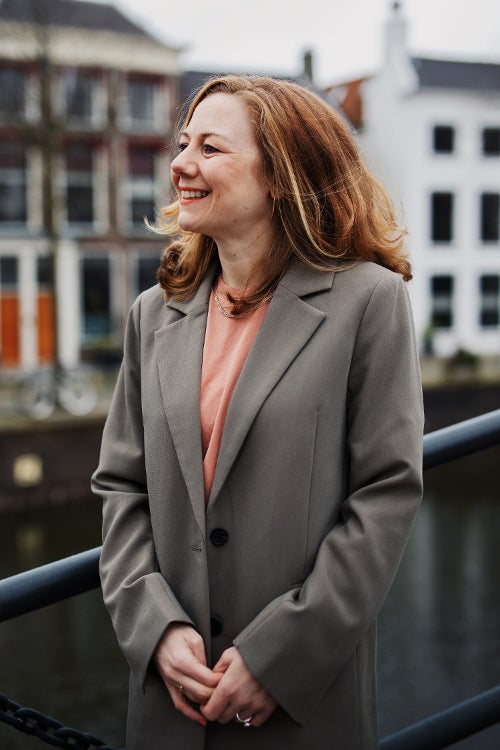In Search of Connection: Successful Aging in a Digitalizing Society
Sociologist Marije Blok discovered in her PhD research that, contrary to common assumptions, ease of use is not the primary consideration for older adults when using ICT (Information and Communication Technology). Although older people are often perceived as less digitally skilled, it turns out that perceived usefulness, or the added value to their social and emotional well-being, is decisive. Blok explains: “ICT needs to be valuable for older adults; the skills will follow.”
The social environment also plays a crucial role, but differently than in other populations—where it helps form opinions—among older adults, it either directly supports or hinders them. Older people find ICT valuable for feeling connected to loved ones, for example, by (jointly) viewing digital photos or participating in WhatsApp groups. They also use ICT when traditional methods become difficult, such as sending emails when conversations are challenging. Lastly, ICT use is essential for a sense of control.
ICT in Daily Life
Information and communication technology offers increasing possibilities for various aspects of daily life, from maintaining relationships to activities like banking, shopping, or handling civic affairs. However, older adults benefit relatively little from this, even though they could greatly benefit from digital applications, given the limitations that come with aging. Blok researched ICT use among older adults and its potential for improving their social and emotional well-being, combining ICT knowledge with insights into aging.
Four Sub-Studies
Blok conducted four studies to explore how older adults used ICT in their daily lives and what it meant for their social and emotional well-being:
Older adults with cognitive impairments: Blok interviewed older adults who visited care farms and two members of their network, including close caregivers and (grand)children.
Independently living older adults: She interviewed participants twice with a three-week interval. During the interim period, they kept a diary with examples of recalling memories and the role ICT played in that process.
Older adults in a care facility: In a participatory action research study, Blok investigated how these older adults were involved in the daily operations of the care facility and the role ICT may or may not play in this involvement.
Independently living older adults: She explored whether older adults shared personal matters via digital channels and what opportunities this offered for combating loneliness and expanding their (instrumental) network.
Practical Recommendations
Blok’s research led to the following practical recommendations:
Make it valuable: If you’re developing ICT for older adults or if technology is part of the services you offer them, ensure that the ICT contributes to their social and emotional well-being.
Use the familiar: Instead of innovative gadgets and robots, older adults prefer everyday technology like laptops, tablets, and smartphones—preferably the same ones used by their (grand)children. So, start with familiar applications if you want to introduce older adults to something new.
Integrate it into offline life: Don’t make ICT use an activity in itself; instead, integrate it into daily life.
Tailored support: Many older adults are quite capable of using ICT. However, concerns about whether they handle it responsibly can be valid, so provide tailored support where necessary.
More information on the thesis
